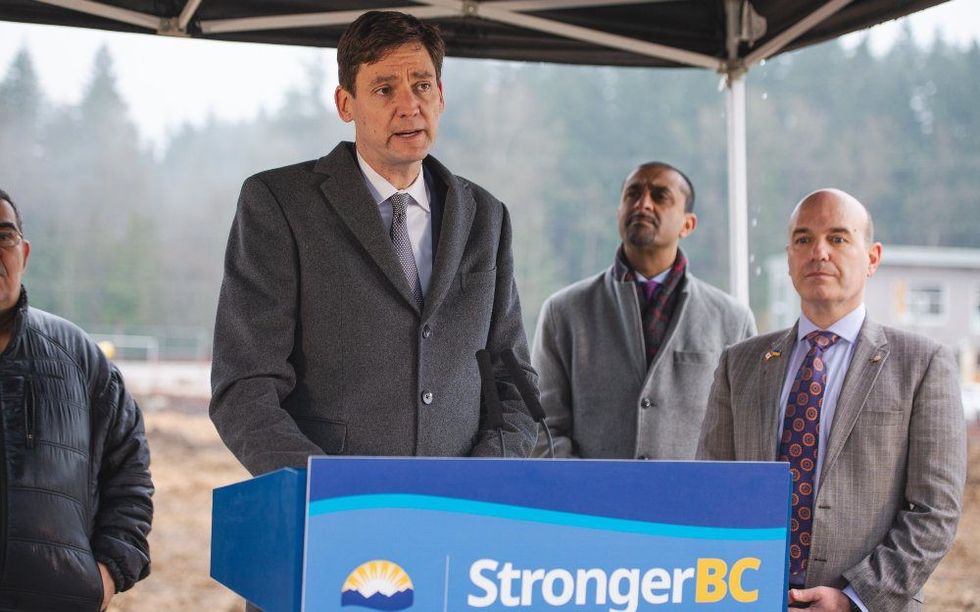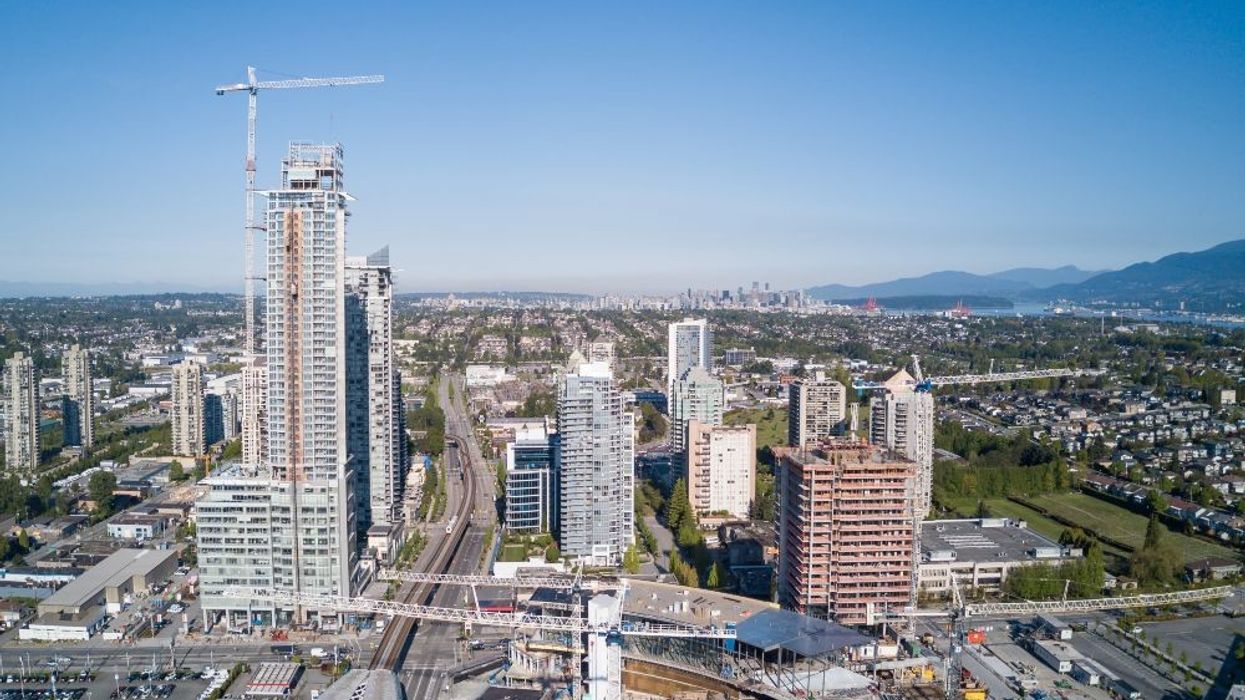Early Monday morning, the Province of British Columbia announced a commitment to speed up construction permitting timelines by implementing a "one-stop shop" approach, bringing clarity and certainty to what many have described as a lengthy and arduous process.
The "one-stop shop" approach, dubbed the Permitting Strategy for Housing, will be led by the Ministry of Water, Land, and Resource Stewardship, and will receive an initial investment of 42 new full-time employees, with a possible expansion to 203 positions in the future.
Announcing the new strategy on Monday, BC Premier David Eby said the goal is to "modernize" processes that are holding back the province from creating more much-needed housing.
"Every British Columbian deserves a safe and affordable place to call home," Eby said. "Unfortunately, this simply wasn't a priority for more than a decade. As we turn things around and start to build record levels of housing, we are taking action today to remove obstacles to constructing new homes that families desperately need."
Eby said that the current process of getting a provincial permit to build a new home can require multiple applications across multiple ministries, such as water licenses, transportation approvals, and road rezonings. The one-stop shop approach will "eliminate" that barrier.
Current timelines for provincial permitting in BC can take up to two years, the Premier said, but when asked repeatedly what the target is, Eby did not provide clear answer, except saying that he hopes to take months, and perhaps even years, off of current timelines.
While the single application window is being established over the coming months, a new Housing Action Task Force, made up of decision-makers, project managers, and others, will expedite permit and authorization decisions.
According to the Province, the Task Force will identify the highest priority projects, such as those with strong affordable housing components, Indigenous-led projects, or BC Housing projects, and steer them through the permitting process, acting as something akin to a permitting concierge.

A Municipal Benchmarking report published by the Canadian Home Builder's Association last week found that development approval timelines in the City of Vancouver are estimated to be three times slower than Calgary. Other municipalities in BC included in the report were Surrey and Burnaby, both of which had even longer wait times than Vancouver. All three municipalities were in the bottom half of Canadian municipalities included in the study.
For developers, long or uncertain approval and permitting timelines can significantly increase their costs for delivering housing, which oftentimes forces those increased costs to be passed on to end users. Multiple speakers on Monday recognized this, including Minister of Water, Land, and Resource Stewardship Nathan Cullen who acknowledged that "time is money."
Eby said that on the issue of faster delivery of housing, he has relied on changes at the municipal level on multiple occasions -- such as with the Housing Supply Act he announced in November -- and that "it's only right, if we're looking to them, that we also look to ourselves."
READ: BC Gov Creates $500M Fund For Non-Profits To Acquire Rental Buildings
At the press conference, Minister of Housing Ravi Kahlon noted that the Province currently has approximately 21,000 permits in its system, with about 5- 6% of those related to housing. As the Task Force identifies and expedites impactful projects, it will simultaneously work to reform existing processes.
"Our number one priority is tackling the backlog in the housing permitting process," added Cullen. "It's not just how many people are working on permitting, it's how they're doing the work, and how fast we can permit through new housing developments."
Cullen said he has heard frustrations from developers regarding "internal silos" within the provincial government, and that the intent behind the creation of the new permitting strategy is to break those down and "overhaul the system."
"We want to bring certainty to the permitting process," Cullen said. "We want to bring transparency to the permitting process with our partnership at the local government level, and that's what we're going to do."





















